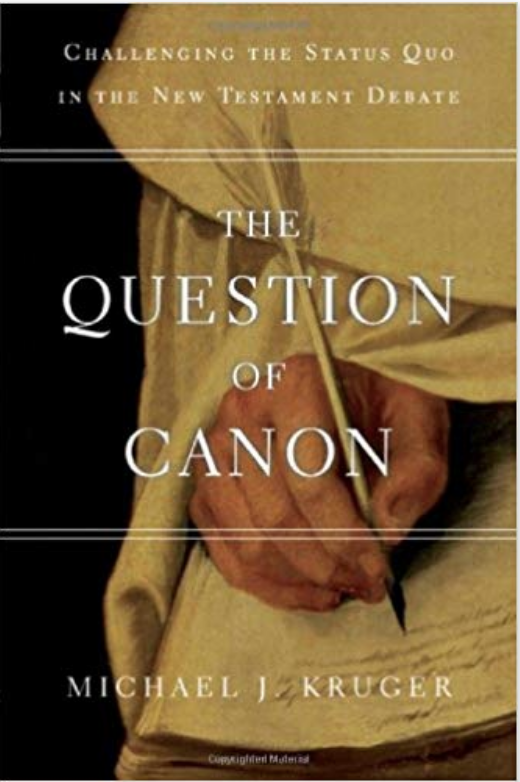The Question of Canon: Challenging the Status Quo in the New Testament Debate
Today, if someone wanted to take a class on the history of Christianity from a public university or a private college, one might think that the class curriculum would endeavor to accurately represent early Christianity by giving early Christian writers a voice through New Testament readings.

Unfortunately, a late 19th and early 20th century interpretive framework is all too often foisted upon Christianity, reinterpreting the Bible from a naturalistic perspective or in today’s language, a progressive interpretation.
A naturalistic perspective begins with a humanistic emphasis focused on interpreting the New Testament as a product of man’s thoughts about God. In other words, progressives use a naturalistic presupposition to argue that the Bible is man’s interpretation of God, while Christianity asserts from the Bible’s self-claim, that Scripture is God’s interpretation of man.
The progressive view of Christianity teaches that Christianity survived because it was the fittest, that is, the books of the New Testament are a product of the elite, later, more powerful Christendom, which suppressed the voice of the Christian minority represented throughout the 2nd century of Christianity.
Ignoring the voices of the New Testament apostles, progressives begin with the presupposition that this later Christendom formulated and canonized the Bible to suppress the voices of the minority, like the authors of the gospel of Thomas or the gospel of Judas.
By presupposing naturalism and asserting a late date, progressives are able to include the voices of those that early Christianity had excluded as heretics, like the gnostic writings.
Today’s progressives flip the tables so that the writings that were condemned by orthodox Christianity as heretical are now portrayed as the true voice of Christianity and orthodox Christianity is condemned as elite suppressors of the voice of the Christian minority.
During the early to mid 1900’s, when this progressive or liberal Christianity began to seep into the seminaries and churches of America from the institutions of Europe, J. Gresham Machen and Geerhardus Vos began to write to warn the Church of this new liberal Christianity that was being promoted.
For Vos and Machen, wolves had crept into the community to represent Christianity dressed as sheep with a Christ-less Christianity.
So, we introduce Michael Kruger and his book Question of Canon. While Machen and Vos wrote for the 20th century Christian reader, Kruger writes for the reader of the 21st century. In his books, he interacts with the progressive arguments recycled by present authors such as Bart Ehrman.
Kruger argues for what he calls an intrinsic model. Rather than a model that purports the idea that something is imposed on Christianity from outside later influences (a strictly external model), Kruger observes that the New Testament and the Early Church writings demonstrate an intrinsic model, that is, the Christian books of the New Testament developed organically from within early Christianity itself.
Kruger highlights a number of presuppositions the progressive interpreter assumes to be true, pointing out the fallacy of their arguments and helping believers have confidence in the authority and divine nature of Scripture.
For more written and audio resources by Michael Kruger please visit his website at https://www.michaeljkruger.com.
More in Monthly Newsletter
May 1, 2024
The Christian Ethic of Joy and SufferingMay 1, 2024
Elders ReportMay 1, 2024
Deacons Report